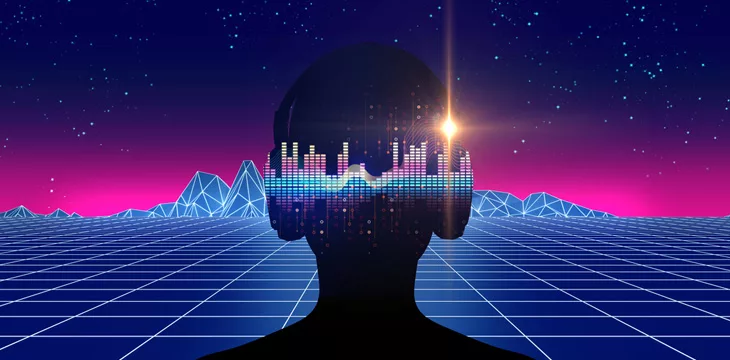|
Getting your Trinity Audio player ready...
|
Music distribution giant Universal Music Group (UMG) (NASDAQ: UMGNF) has reportedly begun discussions with Google (NASDAQ: GOOGL) to establish a partnership to allow the likeness of music artists to be deployed in artificial intelligence (AI) generated music.
Both entities are keen on reaching a consensus to crack down on the rise of deepfakes while seeking pathways to merge music with Big Tech. The report noted that the talks are still in the preliminary stages without a straightforward product, leaving the conclusion open to speculation.
Analysts note that the discussions could lead to creating a service that will allow creators of AI-generated music access the likeness of artists without breaching existing copyright rules. Additionally, they asserted that artists would reserve the right to decide whether or not they want their voices or melodies to be used in creating AI-generated music.
Industry sources claim that Warner Music Group (NASDAQ: WMG) has also opened preliminary discussions with Google over creating a service for creators to access permissions for intellectual property.
AI-generated music took the industry by storm in early 2023, riding the wave of generative AI innovation. Thousands of AI-generated songs began appearing on music streaming sites like Spotify and Apple Music (NASDAQ: AAPL), prompting UMG to order the platforms to take down the songs, citing copyright concerns.
“The recent explosive development in generative AI will, if left unchecked, both increase the flood of unwanted content on platforms and create rights issues with respect to existing copyright law,” said UMG CEO Lucian Grainge.
AI-generated music has elicited diverse reactions from industry players, with several musicians pledging support for the new art form. Canadian musician Grimes revealed that she is willing to split royalties evenly on any successful AI-generated song that uses her voice.
“Feel free to use my voice without penalty,” she tweeted. “I have no label and no legal bindings.”
CEO of the Recording Academy behind the Grammy Awards, Harvey Mason, announced in early July that AI-generated songs are now “eligible for entry and for consideration for Grammy nomination.”
Copyright issues and a can of worms
Generative AI has been central to several copyright violation claims, leading to class-action lawsuits against pioneering developers. Meta (NASDAQ: META) and OpenAI have been dragged to court over the illegal use of private data in training their AI models.
Concerned consumer groups are urging governments worldwide to step up the pace in rolling out AI regulation to ensure safe usage. Besides copyright violations, consumer watchdogs are hinging their crusade against AI over the perceived risks on Web3, finance, mass media, and other vital sectors of the economy.
Watch: From Blocks to Beats: The VoltronMusic Vision

 07-14-2025
07-14-2025 





